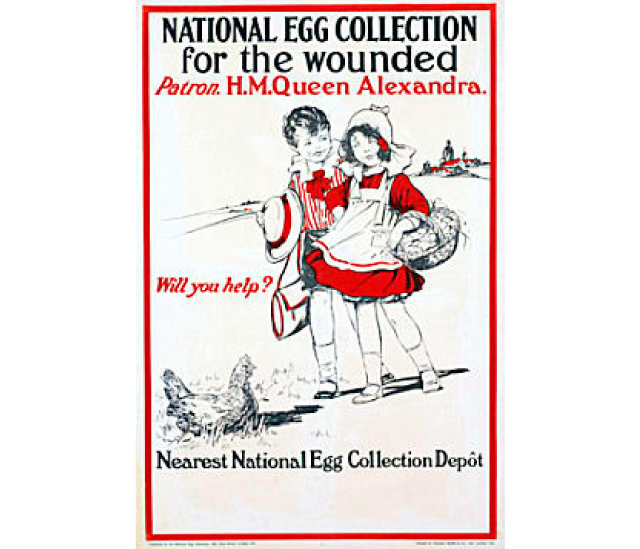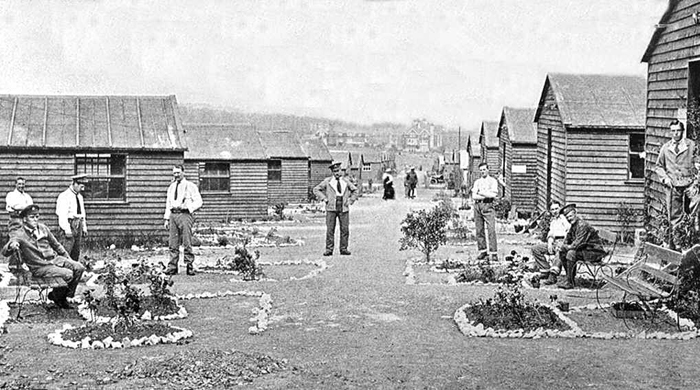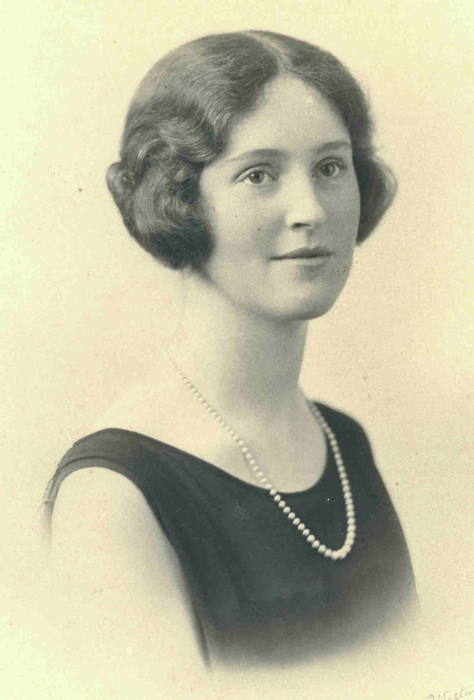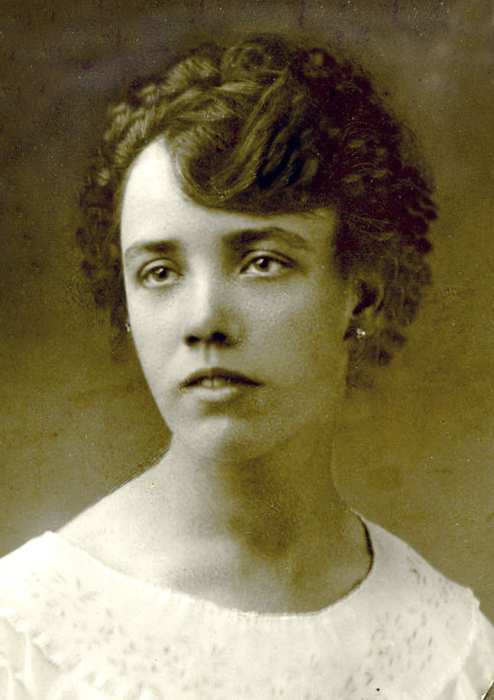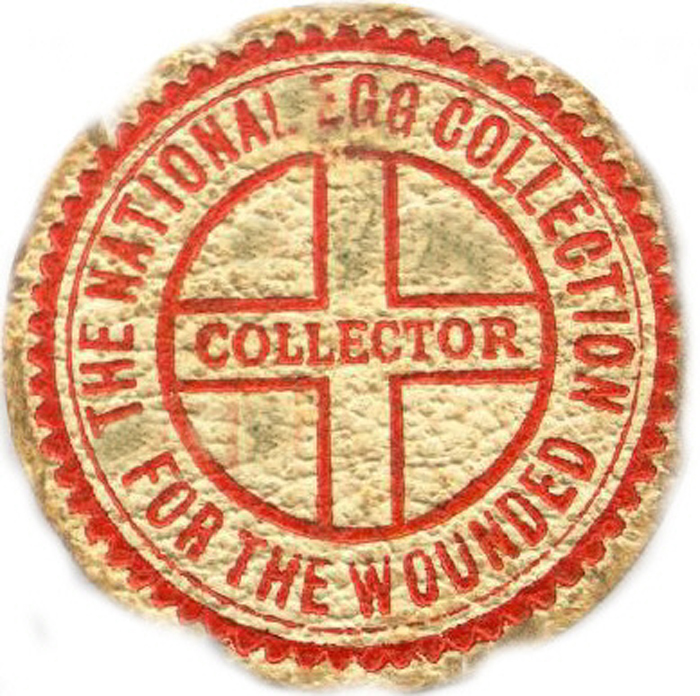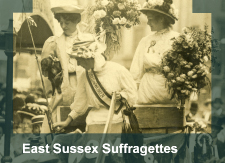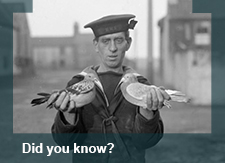Did you know that millions of eggs were collected for wounded troops in a National Egg Collection scheme?
The Willingdon parish magazine covering the years of WW1 show that the parishioners were involved in various activities to help our troops. Hospital Egg Collection Days for the local Princess Alice Memorial Hospital in Eastbourne had been regular events before the war. So, when in 1915 the need for eggs for our wounded troops was highlighted, it was just an extension of a system that was already in place in the parish.
The first collection was organised in August 1915 and prior to this an appeal had been made Nationally. Queen Alexandra become patron and posters were prominently displayed around the parish. Willingdon was close to the Eastbourne Summerdown Camp which had been created early in 1915, opening on the 8th April that year. It was the largest Convalescent Camp in the country providing recuperation and rehabilitation for some 3,000 men. So, Willingdon parishioners were very aware of the need locally at the camp and at the military hospital housed in part of the old Union Workhouse in Church Street Eastbourne.
Households were asked to donate at least one egg a week but many gave more especially those who kept chickens and the local farmers. As the collections got under way, the school children were encouraged to donate their breakfast eggs to the scheme. Mrs Haylock, the headmaster’s wife, arranged for the children to bring their eggs into school where they would write ‘Willingdon School,’ their names, and addresses on the eggs adding a greeting or message; ‘Good Luck’, ‘God Bless’ and sometimes a drawing. Hopefully not too many were cracked or broken. They were placed in baskets of straw and taken the few yards up Church Street to the Vicarage. Meanwhile, collecting was organised around the houses by Mrs Brenda Tudor, the vicar’s wife. She, together with Mrs Blanche Wells, Miss Nash, Mrs Elizabeth Read and Mrs Rose Wooller, covered the houses at Upper Willingdon. Mrs Mary Stevens and daughter Jessie of Meachants Farm, Mrs Grimston and Elsie Wooller arranged collections at the lower end of the parish. The collectors were issued with official card badges and were often helped by eager children.
Collections called ‘Pound Days’ were also organised when villagers were encouraged to donate a pound weight of food. This could be flour, sugar, rice, biscuits or any store cupboard ingredients as well as fresh produce. With items such as tea, it was usually less than a pound but it all added up. Most properties had gardens growing fruit and vegetables. Sometimes a cabbage was given, a pound of carrots, potatoes, onions, swede or even a mixture of different vegetables. Children brought items to school to be taken to the vicarage which again served as a collection centre. Parishioners were asked to drop off their pound donation rather than collectors doing the rounds. When a collection was complete Frederick Morgan would load up his horse and cart and set off to Summerdown Camp.
Collections for treats for the ‘Sussex Soldiers Cigarettes and Comforts’ were a regular event. Sweets, chocolates and cigarettes were boxed up and taken over to St Leonard’s where they were made into parcels by a team of ladies led by Miss Adams. It was a great moral boast for a soldier to receive a small package from home with peppermints or chocolate and a packet of Woodbines (cigarettes).
Alexander Wells set up a ‘Smoker’s Fund‘ whereby a donation of one shilling would cover the cost of sending a pack of cigarettes to troops at the front. This was through some kind of central Fund and Alexander would send off the money and requests every few weeks. It was cheaper than if an individual wanted to send cigarettes, so was well supported in the parish. Leaflets advertised the Fund saying: ‘ There are many reasons why it is our duty to supply our Soldiers and Sailors with a supply of Smokes. The first is that nothing comforts and soothes the nerves or gives more enjoyment. Other reasons are from a hygienic point as trenches are not the cleanest and sweetest smelling places and the smell of tobacco smoke is of great benefit here. Your shilling will send – 70 Wills Woodbines, 40 Wills Gold Flake or 4 ounces of Tobacco.’ Contributors could specify a particular soldier by giving name regiment and number. This enabled families to send to a husband. brother or sons etc. You could also request your shilling’s worth of cigarettes be sent to prisoners of war in German camps.
Parish events, socials and dances were held in the school room with funds going to the Red Cross Central Committee to help provide clothing, blankets and equipment for the sick and wounded. There was also a Willingdon knitting group of ladies making socks which were sent out via the Red Cross.
Towards the end of the war, the impact of the German U-boat campaign had really taken effect on food imports creating shortages. In some communities malnutrition was seen, so the government decided to introduce rationing. In January 1918, sugar was rationed, followed by meat, butter, cheese and margarine at the end of April. Ration cards were issued and everyone had to register with a butcher and grocer. In Willingdon village this was with Mr Vine the butcher and Mr Hutchins the grocer. As rationing and shortages took effect, a soup kitchen was quickly set up by Mrs Tudor and a group of ladies in the garage of a Miss Nash. It opened every Friday morning at 11.30am from February 1918 originally funded by private subscription. Soup was charged at a penny ha’penny a pint and after a month was self funding. It continued to open weekly until the end of January 1919 and was a benefit to the poor families in the parish.
These events recorded in Willingdon were duplicated throughout the parishes of Sussex and countrywide. Added together they made a tremendous impact and were a way in which individuals and families felt they could do their bit for the war effort and help a little towards the comforts of our boys at war.
This story was submitted by Rosalind Hodge, Archivst, Willingdon Parish Church

